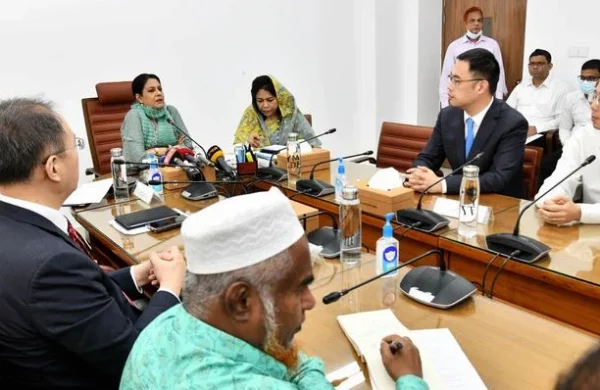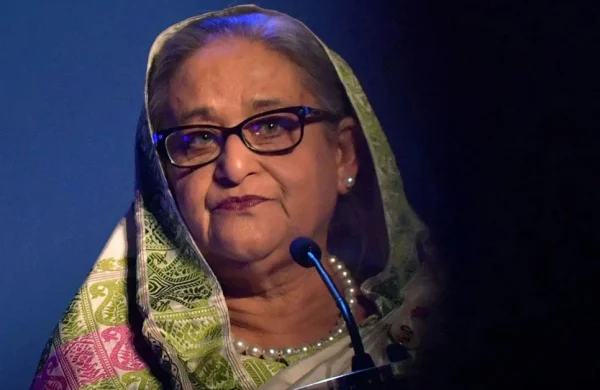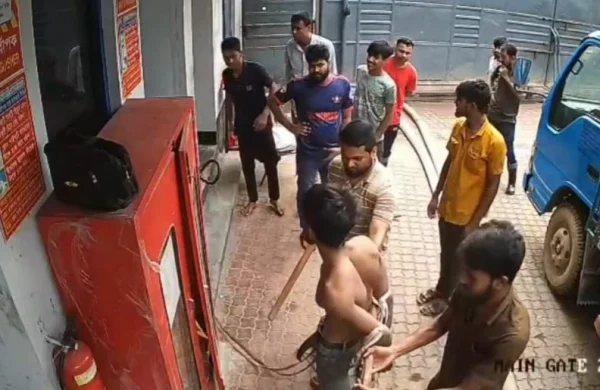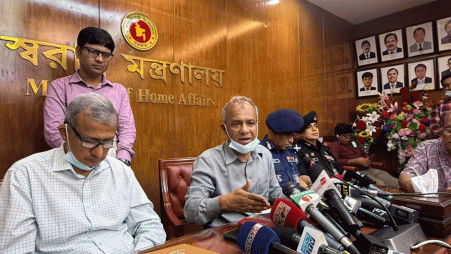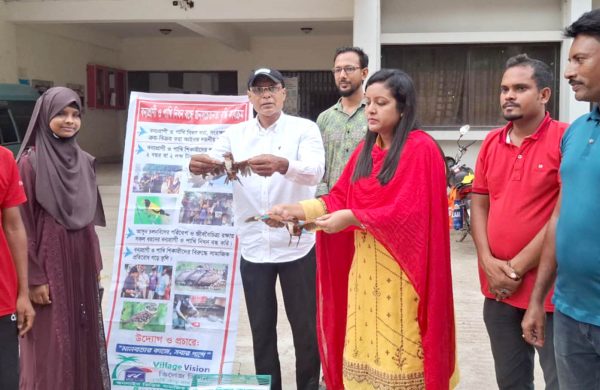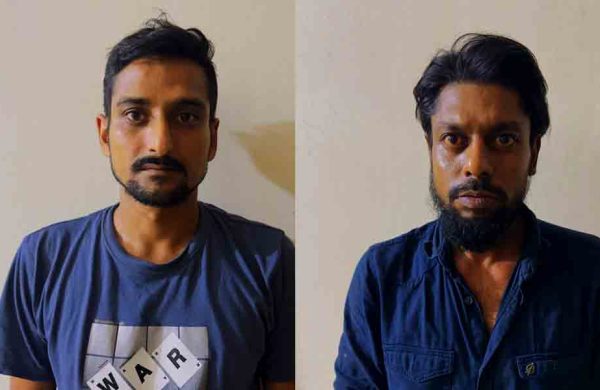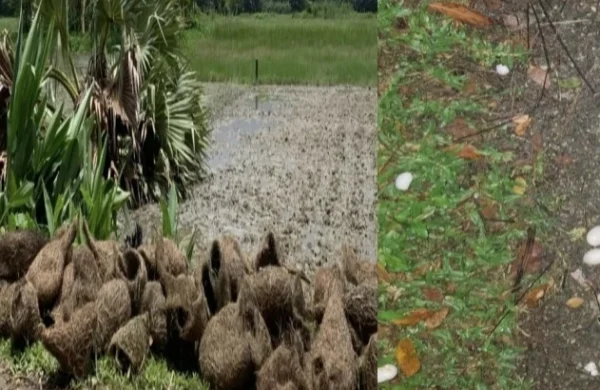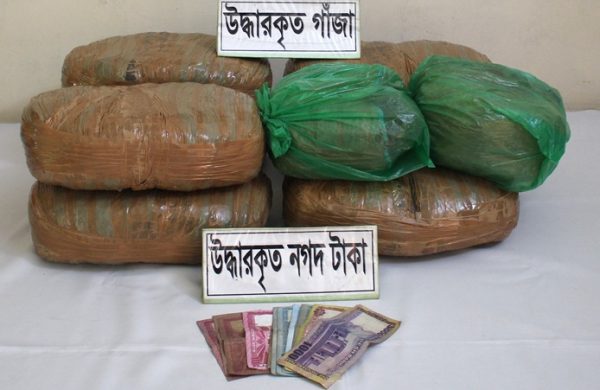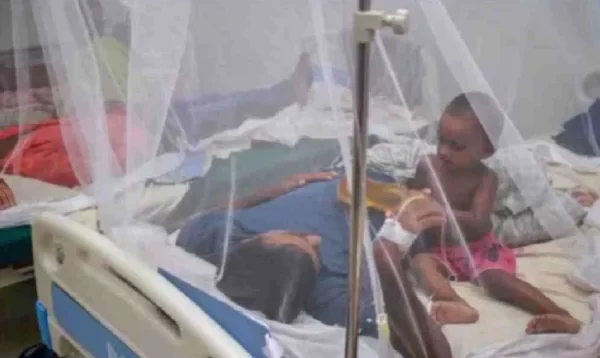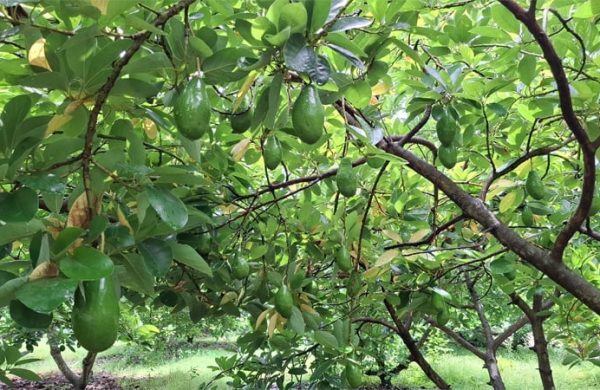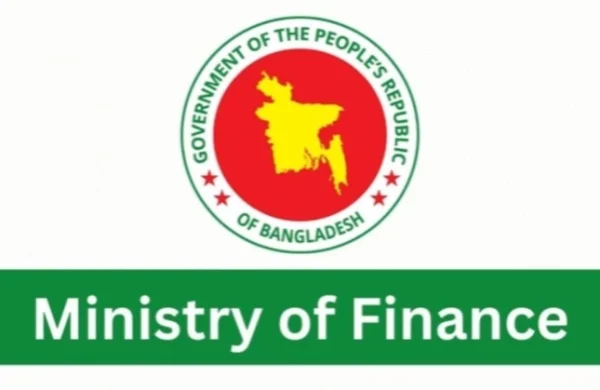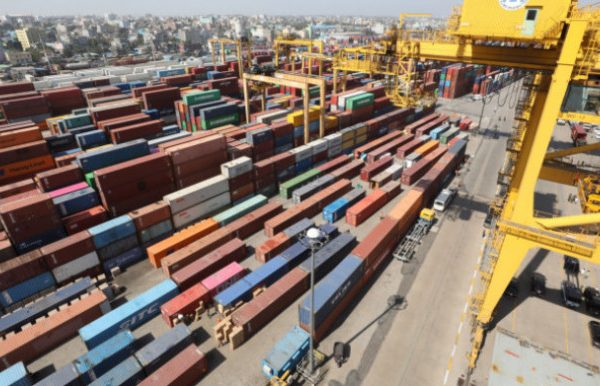KWASA to ensure sewage system through proper treatment
- Update Time : Thursday, January 30, 2025
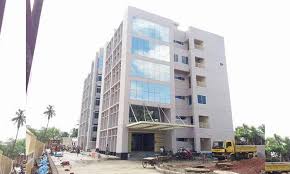
TDS Desk:
Khulna Water and Sewerage Authority (KWASA) has been working to ensure a suitable environment for the city dwellers through establishing a sewage system with proper treatment facility in the city.
To this end, the KWASA has been implementing a project titled “Khulna Sewerage System Development” that will develop a new sewerage system covering commercial and densely populated areas with about 8.50 lakh populations by 2027.
Under the Taka 2334.13-crore project, two sewage treatment plants are being established with a capacity of 80,000 cubic meters per day and one fecal sludge treatment plant of 160 cubic meters to attain the cherished goal.
In addition to construction of 269 kilometers of sewer network and around 27,000 property level sewer connections; the project will develop the capacity of the KWASA together with raising awareness on sanitation and hygiene.
Superintending Engineer of KWASA Khan Selim Ahmed said ultimate goal of the sewerage development project is to ensure improved public health protection, mitigate environmental pollution in addition to
promoting the development of the socio-economic system.
It will also ensure hygienic and environmentally safe disposal of the sewage in the city through the sewer network besides facilitating people’s livelihood by implementing a sustainable sewage system.
There are provisions of developing institutional capacity of KWASA for efficient management of sewerage service and to inform the city dweller regarding the service of the sewerage system to optimize the benefit.
Established in 2008, KWASA committed to ensure service to all customers through the supply of a sufficient amount of potable water and proper sewage solutions.
Meanwhile, the KWASA is supplying 110 million liter water per day to 40,368 house connections through a pipeline network, comprising 41 production pumps and 900 hand tube-wells, benefiting 1.10 million populations in 45.60 square kilometer at present.
Apart from this, there is a water treatment plant and a water quality testing laboratory-to ensure quality of both production and supplied water.


